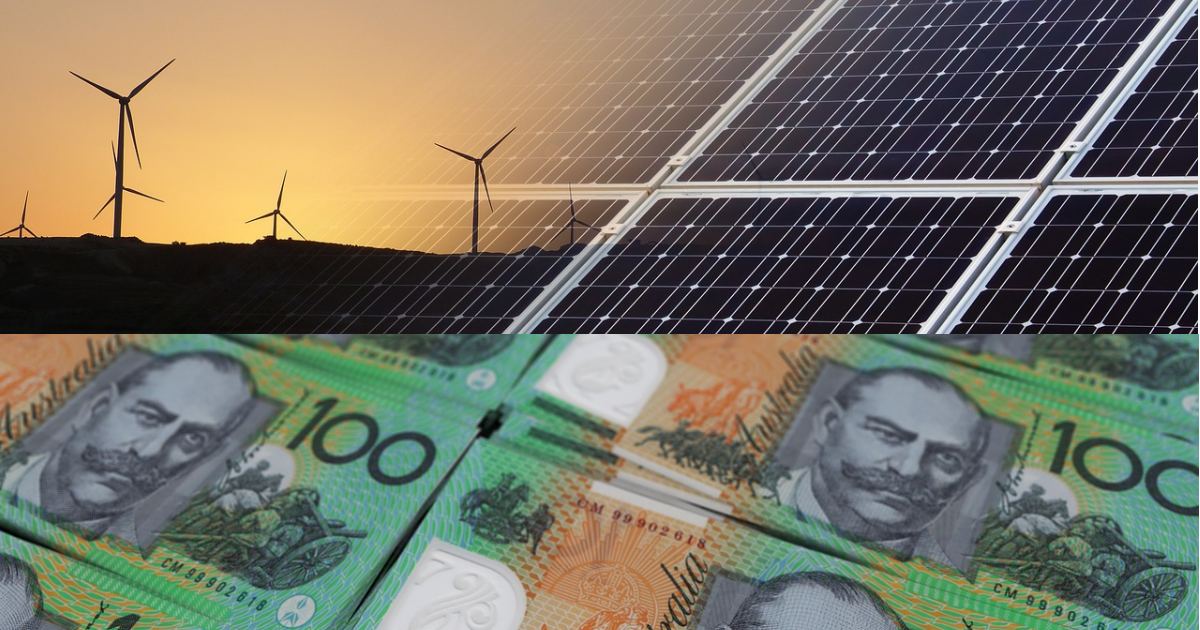From this Friday, Victoria’s Yarra Ranges Council is shifting all its market electricity accounts to a renewables contract – and the amount it will save is eye-popping.
Situated on Melbourne’s eastern fringe, the Yarra Ranges Shire area covers a little under 2,500 square kilometres and is home to approximately 158,000 residents. It’s a big area with a big population for Council to provide various services to – and that means significant energy consumption.
Last year, Yarra Ranges Council was one of forty-six Victorian local governments to sign on to the Victorian Energy Collaboration (VECO), which negotiated a contract to acquire electricity from a couple of wind farms in the state via Red Energy. In Yarra Ranges’ case, it initially chose to power streetlights with the clean electricity, which account for 40 per cent of its power consumption.
Claimed to be the largest ever emissions reduction project by local government in Australia, the VECO initiative was also to provide substantial savings. And in Yarra Ranges’ case, we now know how much.
Council says it saved more than $90,000 in the last year, with a 20% reduction in overall emissions. So, it’s little wonder Councillors unanimously voted last month to move its small and large market energy accounts to the VECO-brokered deal.
Under the boosted supply arrangements, Council will cut its overall emissions in half and save more than $200,000 annually – that’s a nice chunk of cash that can go towards other important services.
“It was such a fantastic result with the street lighting contract in its first year,” said Deputy Mayor Johanna Skelton. “I think our Council staff made it a very easy decision for Councillors to vote to move our remaining energy accounts to a renewable source.”
With regard to the ease of that decision, the term “no-brainer” springs to mind.
Yarra Ranges LGA And Solar Power
In addition to this wind power supply Council also has on-site solar energy generation, with a total of 1 megawatt of solar panel capacity on the rooftops of various community buildings. And there’s likely more to come. Council’s Liveable Climate Plan not only sets a goal of transitioning all Council services and infrastructure to 100 per cent renewable energy by 2030, but also zero operational energy expenditure by 2040.
The latter is a particularly ambitious goal.
“Over time there will likely be even more electricity needed to power more electric vehicles, aquatic centres, cooktops and other infrastructure that currently use fuel and gas – so it is essential to make sure Council has set up an energy source that minimises air and land damage, as well as reducing the energy needed wherever possible,” said Cr. Skelton.
The broader Yarra Ranges community, which includes among its localities Monbulk, Yarra Junction and Healesville, has also increasingly switched on to the benefits of harvesting clean energy from their rooftops. An estimated 22.8% of freestanding and semi-detached dwellings in the LGA have had small scale solar power system installations as at the end of March this year (Source: APVI).


 RSS - Posts
RSS - Posts



Speak Your Mind